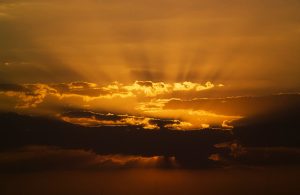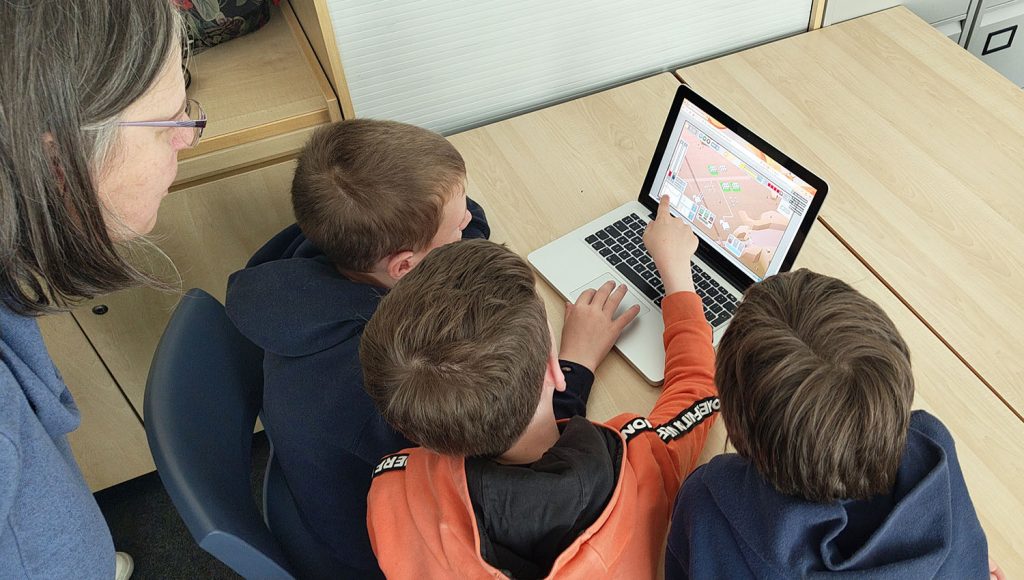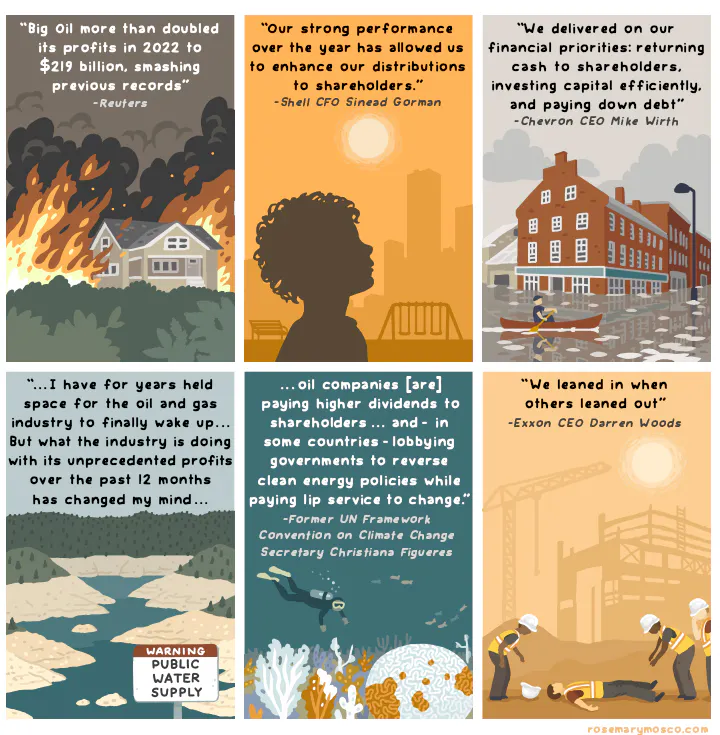This story is in the news this morning : that 2024 was the first year to average more than 1.5°C above pre-industrial levels. I don’t know how much traction the story will get – climate news is a background roar these days, and it’s up against the LA wildfires, so I don’t know whether it will be eclipsed by them, or highlighted by them. But it means that it’s time to return to a topic that I’ve covered a few times before: that of missing targets.
The trouble with setting and publicising big targets or milestones – especially ones that you aren’t likely to meet – is that while they can be aspirational, you also have to deal with missing them[1]. A whole bunch more people will be despairing this morning, and another bunch will be thinking about giving up.
Every time I feel like giving up, I remind myself that losing is not binary. As the BBC article points out, 2024 was 0.1°C above 2023 – it’s not a sudden jump – and, quoting a climate scientist, “It’s not like 1.49C is fine, and 1.51C is the apocalypse”. One of the reasons that 1.5 was chosen as a symbolic number is that it’s thought to be a point above which tipping points become more likely… but that value is also uncertain. Hotter is worse, but passing 1.5 doesn’t mean we should all go home.
1.6 degrees is worse than 1.5 degrees. 2 degrees is worse still, but better than 3, or 4, or 6. Some harm is locked in, but until / unless we hit some really major tipping point, we can always act to minimise how much more. That’s what keeps me going some of the time, it’s what I’ll be pointing out to my students next week, and maybe it can help you too.
[1] NB we haven’t actually missed this one yet – the target is for a climatic change of 1.5 degrees, which isn’t measured by just one year. Both of the articles that I linked highlighted this. But it’s still going to get interpreted this way, and it does make missing the target feel more inevitable.



